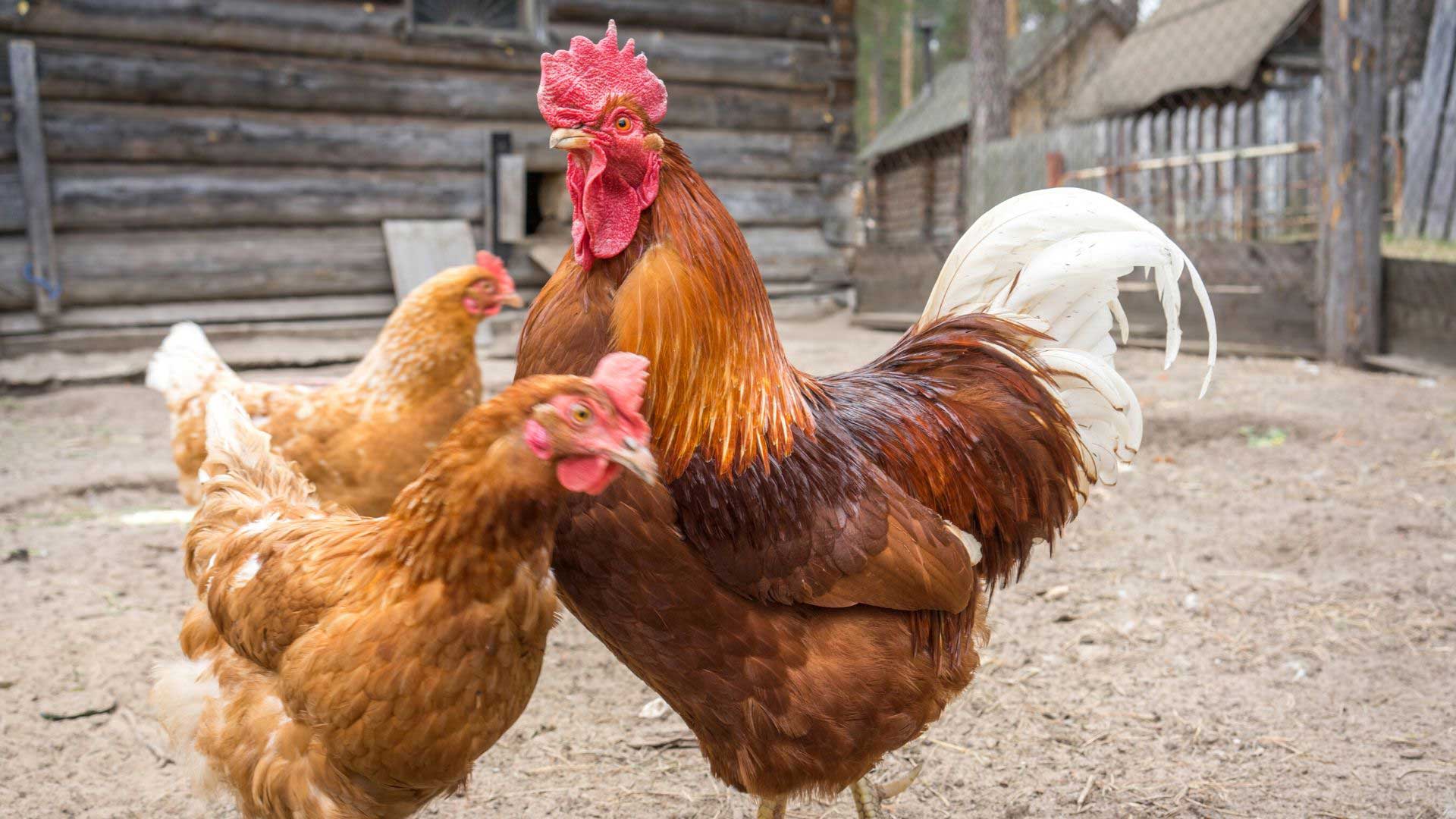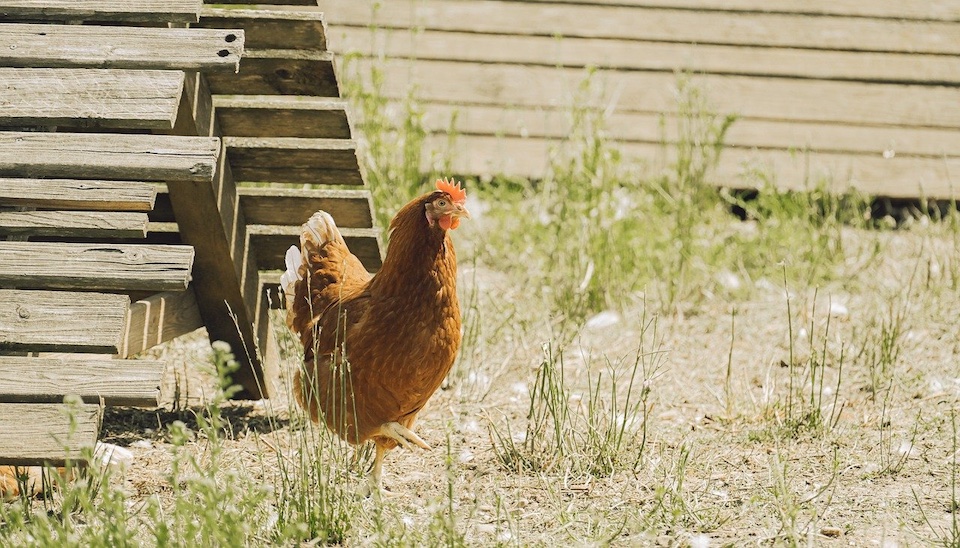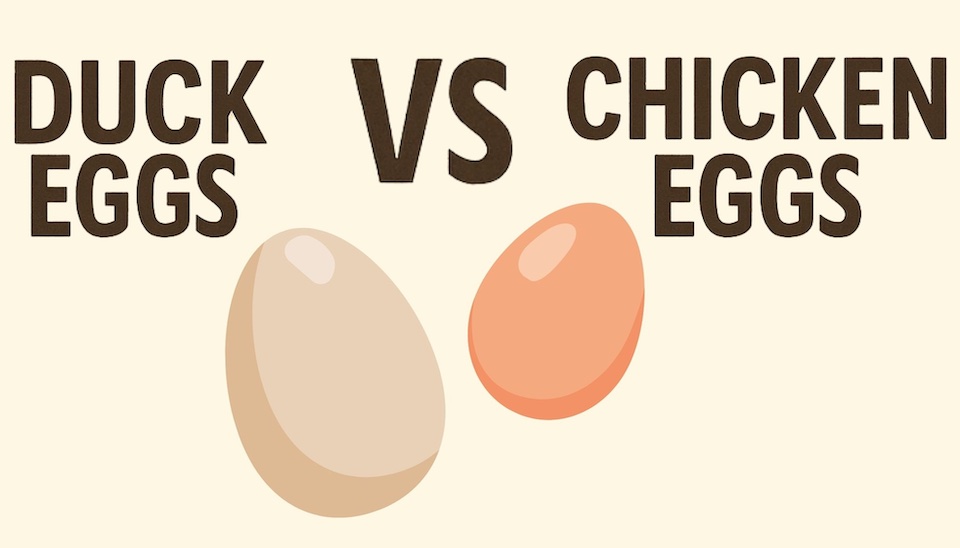Understanding the Chicken Pecking Order: What It Is and How to Manage It in Your Backyard Flock
Understanding the Chicken Pecking Order: What It Is and How to Manage It in Your Backyard
The “pecking order” in chickens is more than just a quirky phrase; it's the social structure of a flock of chickens, determining who gets priority access to food, water, and the best roosting spots.
If you're new to raising chickens, understanding the pecking order is essential to maintaining a happy, healthy flock.
What Is the Pecking Order in Chickens?
The pecking order in chickens is the social hierarchy within a flock, where each bird has a rank. Higher-ranking chickens get first access to resources like food, water, and prime roosting spots, while lower-ranking birds wait their turn.
This order, established through body language and pecking, helps maintain order and reduces conflict in the flock.
Norwegian zoologist Thorleif Schjelderup-Ebbe coined the term in 1921 to describe how chickens assert social ranking through body language and, sometimes, a few pecks. This order affects daily routines like eating, drinking, and even bathing.
How Do Chickens Establish Pecking Order?
It's not pretty, but the pecking order among chickens settles when chickens peck weaker or more submissive chickens into compliance.
To make themselves appear larger and stronger, chickens will puff out their chests, ruffle their feathers when strutting in front of their coop-mates. If this has not worked, they may then use their pointy beaks to physically peck other chickens into submission
This primitive bullying tactic among chickens shouldn't last very long. However, it will establish a hierarchy within a flock and an order of who eats first, who gets to bathe first, it even affects their egg laying.
This social structure will change. Factors such as aging hens, maturing hens, illness and the addition of new birds to the flock will all have an impact on the pecking order
Factors Affecting Pecking Order:
- Age and Health: Older or healthier chickens typically dominate weaker, younger, or sick ones.
- New Additions: Adding a new chicken can disrupt the established order.
- Presence of a Rooster: Roosters often assume the top spot and can affect interactions within the flock.
Where Does the Rooster Sit in the Pecking Order?

A strong "Alpha Rooster" will mostly always dominate a flock of chickens, including smaller or less mature roosters.
Roosters may even show their dominance by being particularly rough with the other hens. This is a behaviour that should only last until the pecking order is established, sometimes this is merely a couple of pecks while other times this can stretch to a couple of weeks.
A rooster's dominance in the pecking order will allow him to mate with hens all day long.
This act alone can be quite damaging to a hens health, for this reason it is only recommended that roosters be a part of a flock with more than 6 hens.
Ideally, there should be a minimum of 10 hens per rooster.
Read more about keeping a rooster in the flock
Why Do Roosters Peck Hens?
In a mixed flock, roosters naturally assert dominance, often pecking hens to establish their role as protectors and leaders. While a few pecks are normal, excessive aggression should be monitored. Ideally, maintain a ratio of at least 8-10 hens per rooster to prevent over-mating and unnecessary stress on your hens.
Practical Tips for Managing Pecking Order Conflicts
Though the pecking order is natural, there are ways to keep it from causing serious harm. As a chicken keeper, understanding how to prevent injuries and manage social changes in your flock will help you maintain a peaceful environment.
1. Provide Space and Hiding Spots
When confined in small spaces, chickens can become irritable, increasing the likelihood of pecking. Make sure your coop is spacious and consider expanding the run if space is limited. Provide separate areas or hideaways, which can be as simple as adding a few large rocks or logs for chickens to escape and rest.
2. Offer Extra Feeders and Drinkers
When food and water are scarce or located in tight spaces, dominant chickens may block access for others. Add extra feeders and drinkers in different parts of the run, reducing competition. Our range of chicken feeders and drinkers can help ensure that every chicken, from the lowest to the top of the pecking order, gets a fair share.
3. Keep Chickens Engaged
Boredom can lead to pecking behaviours. Provide stimulating activities, such as pecking blocks, dust baths, or foraging boxes. A busy chicken is a happy chicken, and enrichment reduces the chances of aggression within the flock.
Tips for keeping chickens engaged
4. Introducing New Chickens to an Established Flock
Adding a new bird to an established pecking order can be tricky, as it disrupts the flock’s hierarchy and can lead to conflict.
Here are some steps to reduce stress for everyone involved:
- Separate but Visible: Place the newcomer in a separate run next to the main coop for about a week. This lets the birds see each other without physical contact, helping them get acquainted gradually.
- Supervised Meet and Greet: After a few days, allow short, supervised interactions. Start by letting the new hen explore the run alone before letting the rest of the flock join her. Keep treats available to distract the chickens and create a positive experience.
- Introduce in the Evening: Adding a new bird at night can sometimes ease the transition, as chickens tend to be calmer when roosting. Ensure they all have adequate roosting space to reduce competition.
5. Addressing Persistent Bullying
If one bird continues to display excessive aggression, you may need to take action.
Persistent bullying can escalate into serious injuries if left unchecked.
- Isolate the Bully: Temporarily removing the bully for a couple of days can disrupt their dominance. Reintroducing them after the separation often resets their rank in the pecking order.
- Monitor Injuries Closely: Open wounds can attract further pecking, as chickens are naturally drawn to red or bloody spots. Applying a wound-care spray can help protect injured birds and prevent further harm.
Some Chicken Breeds are Natural Bullies
The majority or the time when you see feather pecking within your flock, it is harmless social dominance behaviour. However, this behaviour can be more common among some breeds than others. For instance, ISA Brrown hens are known for feather pecking.
Your backyard chickens may exhibit healthy social habits, up until the point you introduce a different breed of hen to the coop. The different temperament of breeds can make problems, with some exhibiting more pushy bahaviour than others can trigger bullying among the birds.
For this reason, it is advisable that before introducing new birds to your flock you should see if the breeds are mostly compatible.
Frequently Asked Questions about the Chicken Pecking Order
Q: How long does it take for a pecking order to establish?
A: Pecking orders generally settle within a week, though it can take longer if new birds are introduced or the environment changes.
Q: Do chickens have a pecking order without a rooster?
A: Yes, chickens establish a hierarchy even without a rooster. In an all-hen flock, a dominant hen will usually assume the role of the flock leader.
Q: Why is my rooster pecking the hens so much?
A: Roosters peck hens to establish dominance, which is normal behaviour. However, ensure your flock has enough hens to prevent over-mating and stress.
Final Thoughts on Managing Pecking Order in Your Flock
Understanding and managing the pecking order in your flock is essential for maintaining a peaceful coop.
By giving your chickens plenty of space, engaging activities, and proper resources like feeders and drinkers, you can minimise aggressive behaviours and keep your flock healthy.
For high-quality feeders, drinkers, and other poultry essentials, check out our Dine-A-Chook product range designed with backyard chicken keepers in mind.
Feel free to reach out if you need advice on selecting the best feeders and drinkers for your flock—our team is here to help!
Learn more: Why is my hen crowing?



